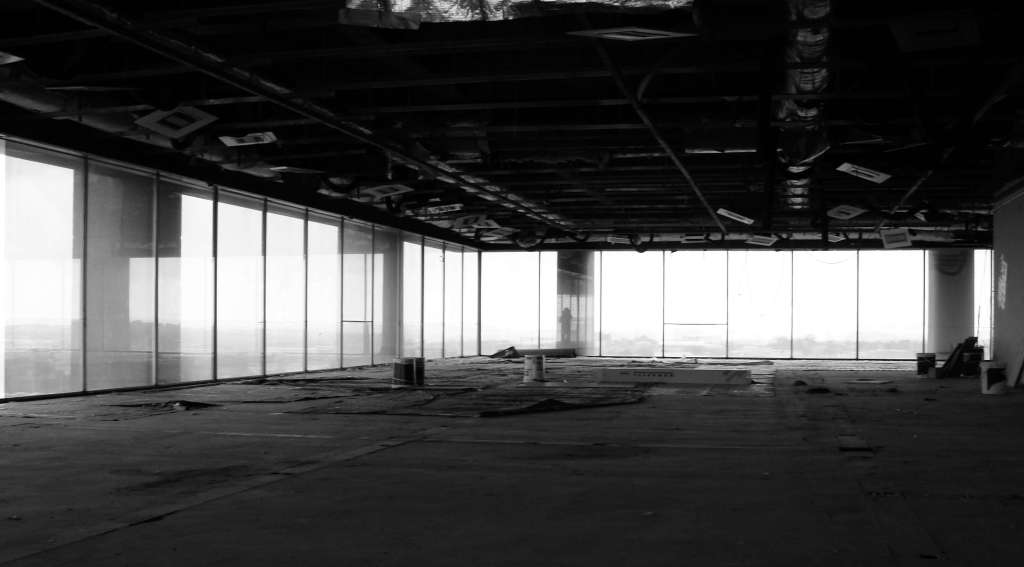
The idea that everyone who does ‘information work’ will return back to a physical building to do their ‘thing’ after the pandemic has really had it’s way, is an interesting one. I’ve been thinking about this on a daily basis, unsurprisingly, and I’d like to speculate on it a little more.
It happened overnight
I think this is how it felt for most of us – pretty damn sudden. I didn’t initially register the shock of enforced homeworking in a way that was particularly deep, but recently that’s changed. It is starting to feel like something’s attached to my skull and it’s getting tighter. This feeling fluctuates of course, but it exists and it’s very real all the same.
I’ve generally always had a designated space to work in. I’ve also worked for organisations that are pretty flexible when it comes to working remotely. That flexibility is partly about how they’re set up to handle remote activity from a technology point of view. As a contractor, I’ve seen that some organisations could easily move to an almost fully remote workforce, as their output is largely digital, somewhat ethereal, and adds yet more ones and zeros to the great grey seaside of the internet. With the introduction of some type of central or localised hub working space, they might even be able to fulfil some psychological needs. By that, I mean the need for humans to have some engagement on a three dimensional (non-cyber) basis. This isn’t possible from home, especially with children being home-schooled, where the situation I’ve witnessed at a safe and childless distance appears to share the characteristics of a mental and physical combustion chamber. At best, I can only try to imagine this experience.
Some organisations have had to change their provision for remote working immediately. It’s almost as if the only things separating them from their glass, concrete and airconditioned past is one night of intense activity in order to flip the lid to remote. For these organisations, working from home is still a novelty, and the challenge of doing so is cause for celebration. Half a worker’s daily achievement is measured on their ability to successfully be present in meetings at all. This is not an attack. It’s simply a fact.
Coinciding changes
At 26, I would never have imagined our situation. Then it was 2011 – four digits that now seem to represent a lifestyle documented, but never actually lived. How can I prove that I used to skate the Moorgate bars, and who would care? Of course, I need to be careful not to confuse personal past experiences with those of society at large. The Coronavirus wasn’t the only factor that wiped my social indulgences off the map. I helped that along myself. but I know that I began increasing the distance between offices and myself about 5 years ago. The pandemic has simply pushed the remote working thing to its extreme. I think if I asked most people, they’d say that working from home on a permanent basis is psychologically unsatisfying, and could even be damaging. Personally, I feel there’s something about being around other human beings that jolts my inspiration as a writer.
The next stage
I think that both private and public sector organisations will err on the side caution for a while yet. At least until the summer months coincide with a possible increased handle on the virus. And this is purely guesswork. Life and our environment has never been predictable. It’s our controlled and conditioned lifestyles that separate us from chaos. I think we could be working from home for at least another 12 months, with the odd controlled visit into the office. The risk of the UK health system collapsing under the pressures of Coronavirus treatment means simply that office life doesn’t pay. Allowing people to work in close proximity to each other with no compelling need has little justification. But this was the case before the pandemic hit. In the past, you’d have found me cursing the daily commute, and dreaming of a fully remote working future. A year from now I might on a waiting list of people trying to secure office time.
